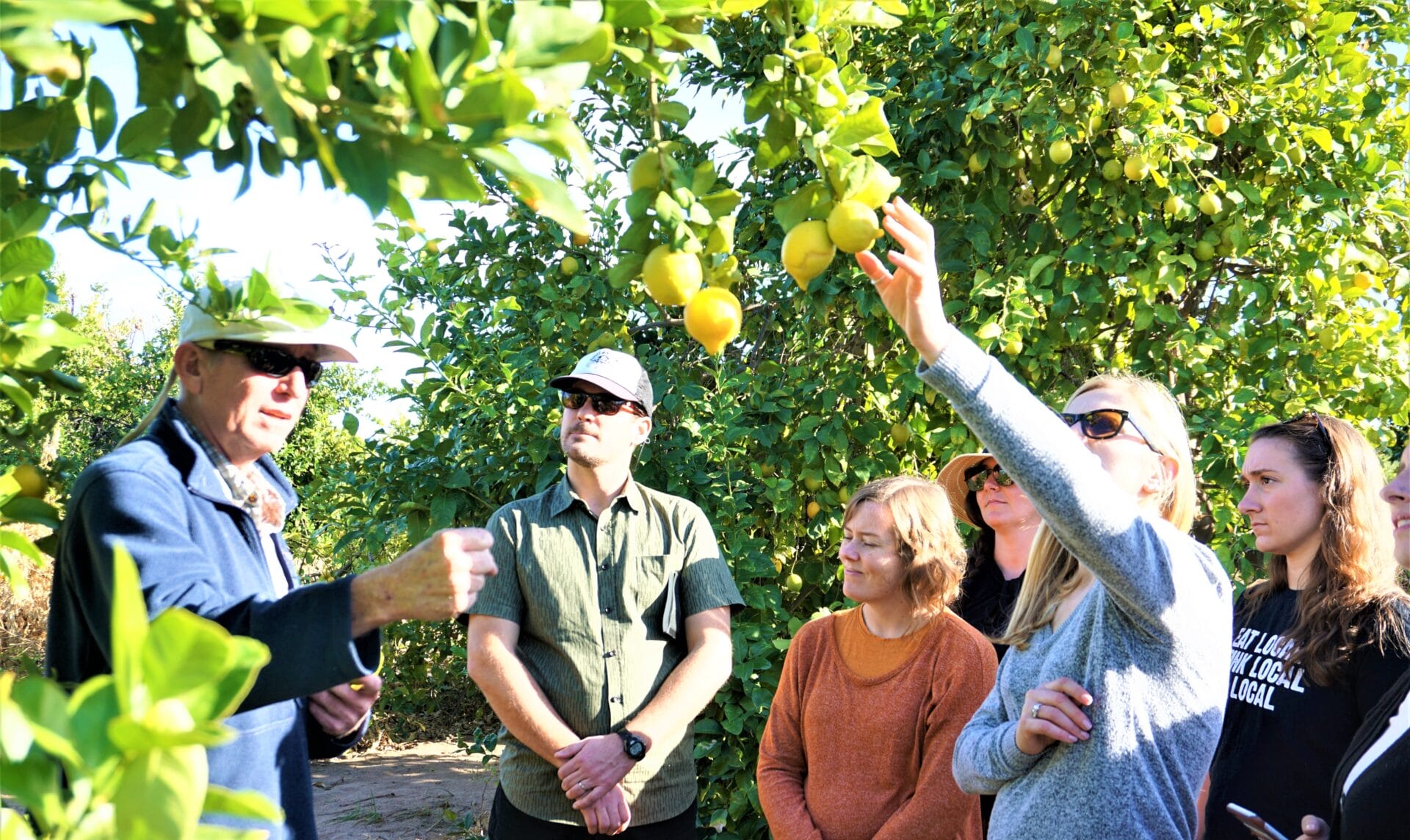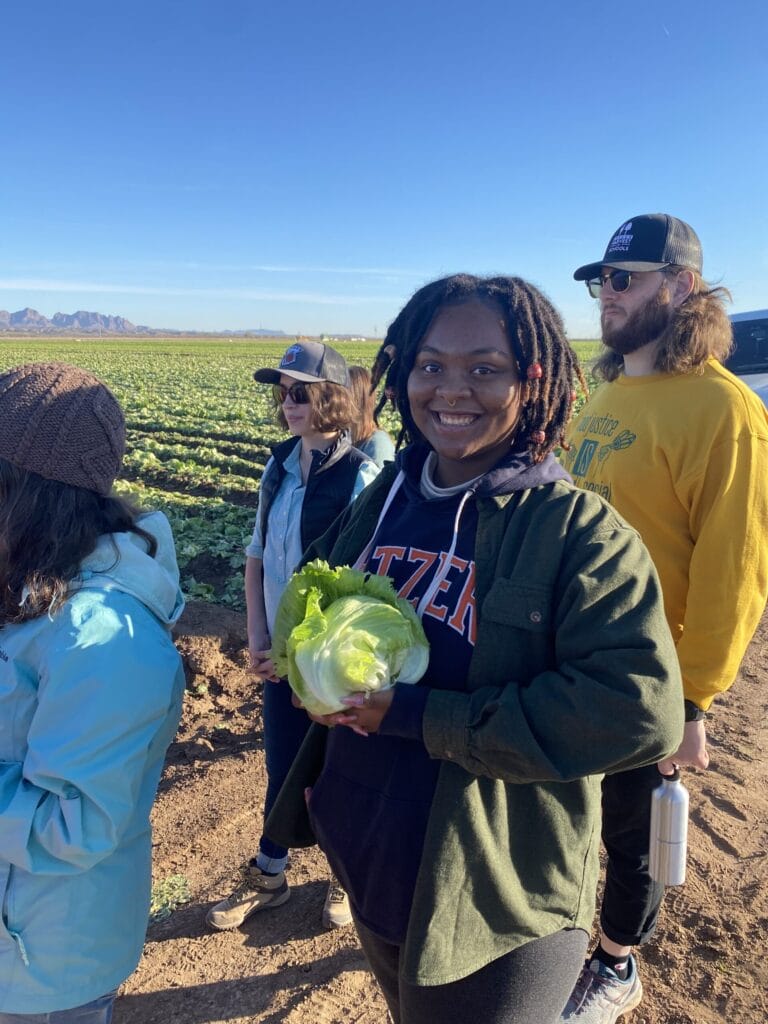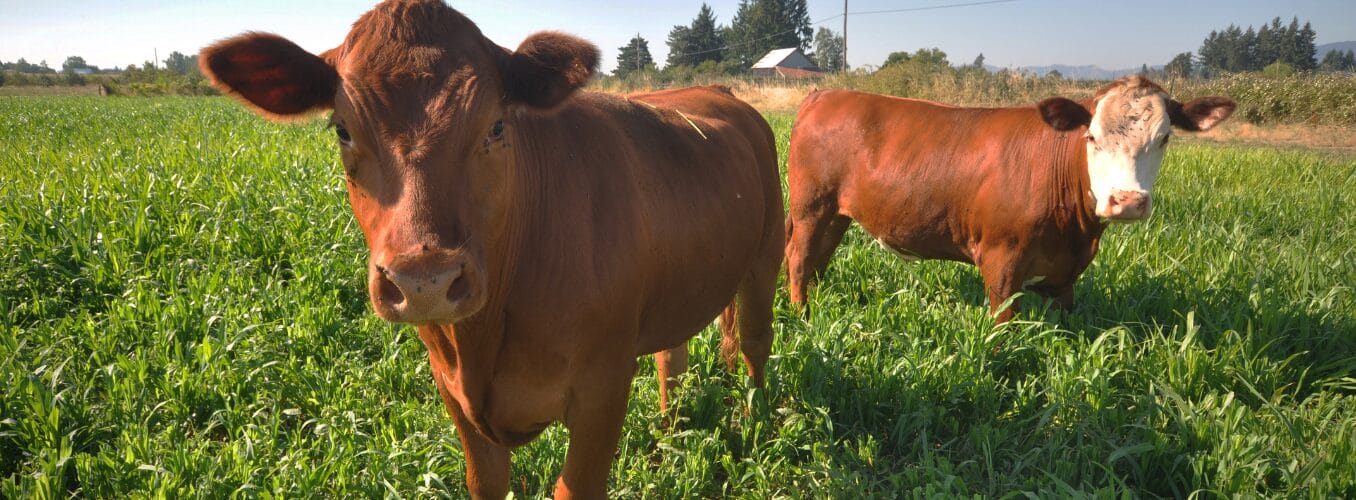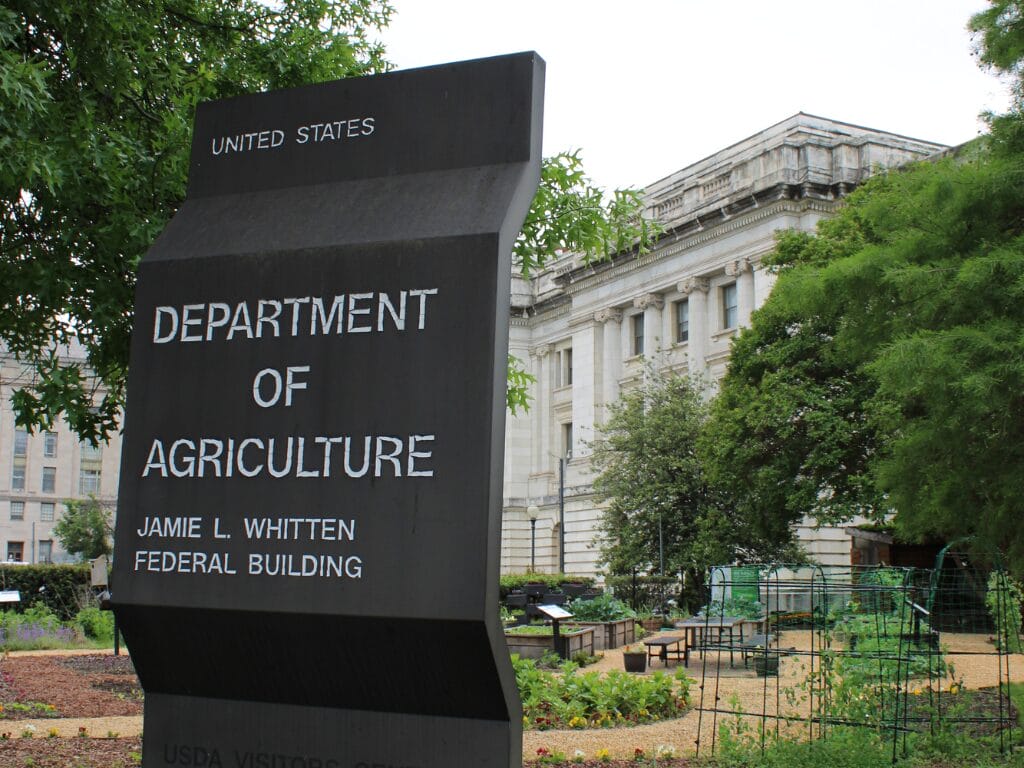
Undergraduate programs

Why study sustainable food systems?
Our food systems are at a pivotal moment in history. Increases in extreme weather, abnormal changes in temperature and reductions in water availability are only a few of the immense challenges facing our food system. Studying sustainable food systems provides a pathway to contribute meaningfully to the creation of a future where nutritious food is accessible to all, ecosystems are preserved and communities thrive in harmony with the environment. Join us in shaping a more resilient, just and sustainable world.
The Swette Center assists in leading these programs which are housed within the School of Sustainability, one of four schools within the College of Global Futures.
Undergraduate programs

Bachelor of Science in sustainable food systems
The BS in sustainable food systems program grounds you in the nuanced forces shaping our food systems and the most effective ways to change them. By the time you graduate, you’ll be equipped with the knowledge, connections and skills to thrive in a range of professional positions. This degree is currently available on the Tempe campus, Polytechnic campus, Downtown Phoenix campus, and through ASUOnline.

Minor in sustainable food systems
In this 18-credit minor, you will explore topics like sustainable agriculture, improving access to quality food, the impact food has on health and how policies impact these systems. The knowledge you gain will enable you to drive sustainable, positive changes to local and global food systems. Students can pair this minor with a variety of bachelor’s degrees to enhance career opportunities related to food and sustainability.

Certificate in sustainable food systems
ASU undergraduates from any major may enroll in this 15-credit certificate program to study food from a sustainability perspective. The knowledge, competencies and skills students possess upon completion of this certificate include the ability to identify food system drivers, activities, actors and outcomes at different spatial scales and the capacity to assess the primary social, economic and environmental drivers and outcomes associated with food system sustainability challenges.

Accelerated Master of Science in sustainable food systems
The accelerated program allows motivated students pursuing a BS in sustainable food systems to earn their MS in sustainable food systems with just four additional semesters, building upon the solid foundation laid during their undergraduate education. The accelerated program is designed to provide a seamless transition for students who wish to deepen their knowledge and expertise in sustainable food systems, offering an efficient route to a higher level of academic achievement.

USDA NextGen scholarship
The United States Department of Agriculture (USDA) NextGen program was established to create a pipeline of young professionals, trained and ready for future careers in the food and agriculture sector, particularly at USDA. Through this program, scholarships of up to $7,500 are available for students pursuing a BS or MS in sustainable food systems. In addition to financial support, USDA NextGen scholars have access to paid internships, workshops to navigate USAjobs.gov, a Model USDA event, and more unique opportunities.
Explore more
Join us to create the future of food.